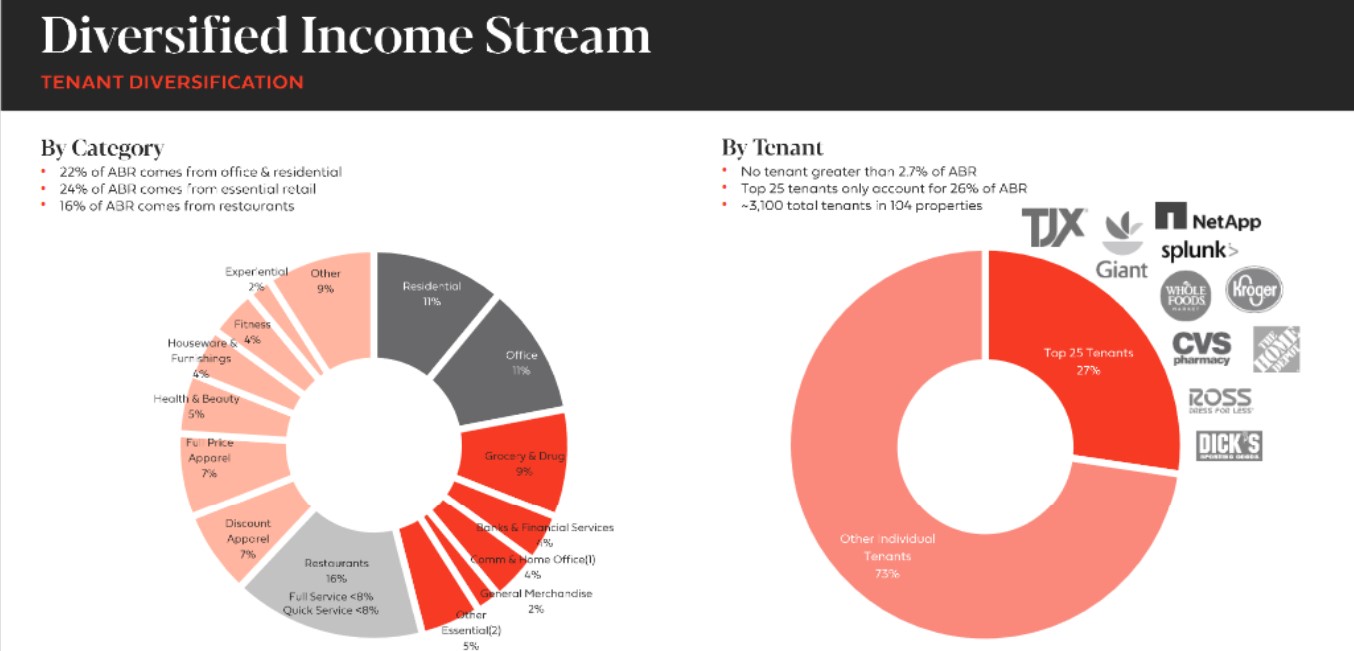
If you are looking to invest in residential real estate, you might want to consider investing in residential REITs. This article provides information about residential REITs and their tax consequences. Although investing in residential REITs could be a lucrative investment opportunity, it is important you do your research thoroughly before making any investments.
Demand for residential real estate
Residential real estate is an excellent investment in all market conditions due to its high demand. This type of property is more resilient to economic downturns than commercial real estate and there are fewer regulations and red tape. It also benefits greatly from having a wider pool of potential tenants. Residential realty is more dependent than commercial realty. Additionally, residential real property is not subjected to zoning laws which makes it easier to find and retain tenants.
New projects in Hyderabad led to an increase in property prices. This is not the only reason why demand is shifting to larger homes that offer more amenities and social infrastructure. This trend is also driven by rising construction prices. However, the residential market in Mumbai faced headwinds and recorded a decline of 16.2% year on year and 2.9% quarter-on-quarter.

Characteristics of residential REITs
There have been many factors that contributed to the rise of residential REITs. Although single-family homes are scarce in many areas, there is an increasing demand for multifamily housing. There are 850,000 units currently under construction. While construction economics has been affected by increased capitalization rates, higher construction financing costs, and a decrease in the supply of single-family homes, the fundamentals for multifamily real property remain attractive for wealthy owners and builders.
It is the main objective of residential REITs to rent out housing to tenants. Rental properties are typically less affected by real estate market fluctuations than other types of property. In fact, rental property demand tends to rise during an economic or housing market crash. This stability makes residential REITs a great long-term investment.
Investment costs in a residential REIT
Be aware of the costs before investing in a residential REIT. Some REITs charge management fees. Some offer dividend payments. Ask about the track record of the management team to determine if they receive compensation on a basis of performance. A performance-based plan will allow them to put more effort in investing in properties that do well. It is also important to look at the fees and processes of the manager. Before investing in a REIT, it is important to evaluate the dividend yield and potential risks. These factors can be found on the REIT's website or by speaking with a financial advisor.
While residential real estate may not have the highest growth potential, it is one of the most stable investments. A place to call home is essential for all people. Rental properties are more resilient to real estate and economic market fluctuations. The demand for rental properties increases when there is a decline in the economy and housing market. A residential REIT investment is a great choice for long-term investors.

Tax implications for investing in a residential REIT
A residential REIT's investment can be tax-efficient in many cases. REITs frequently invest in properties with low value and that can be renovated to increase rent. REITs can take advantage tax breaks. Investors do not understand the tax implications for residential REITs.
Capitalization of startup and organizational expenses is permissible for REITs. These expenses must also be listed on Schedule K-1, so the investment company cannot deduct them. Additionally, capital must be taken into account for amounts paid for improvements and property production. The costs of maintenance and repair can be deducted by a residential REIT only if they are related or necessary to the business.
FAQ
How do people lose money on the stock market?
Stock market is not a place to make money buying high and selling low. It's a place you lose money by buying and selling high.
The stock market is for those who are willing to take chances. They may buy stocks at lower prices than they actually are and sell them at higher levels.
They hope to gain from the ups and downs of the market. If they aren't careful, they might lose all of their money.
Why is a stock called security.
Security is an investment instrument that's value depends on another company. It can be issued by a corporation (e.g. shares), government (e.g. bonds), or another entity (e.g. preferred stocks). The issuer can promise to pay dividends or repay creditors any debts owed, and to return capital to investors in the event that the underlying assets lose value.
Who can trade on the stock market?
Everyone. There are many differences in the world. Some people have more knowledge and skills than others. So they should be rewarded for their efforts.
Other factors also play a role in whether or not someone is successful at trading stocks. If you don’t have the ability to read financial reports, it will be difficult to make decisions.
You need to know how to read these reports. You need to know what each number means. You must also be able to correctly interpret the numbers.
If you do this, you'll be able to spot trends and patterns in the data. This will assist you in deciding when to buy or sell shares.
And if you're lucky enough, you might become rich from doing this.
How does the stockmarket work?
You are purchasing ownership rights to a portion of the company when you purchase a share of stock. The shareholder has certain rights. He/she is able to vote on major policy and resolutions. He/she can demand compensation for damages caused by the company. He/she may also sue for breach of contract.
A company cannot issue any more shares than its total assets, minus liabilities. It is known as capital adequacy.
A company with a high ratio of capital adequacy is considered safe. Low ratios can be risky investments.
Statistics
- US resident who opens a new IBKR Pro individual or joint account receives a 0.25% rate reduction on margin loans. (nerdwallet.com)
- The S&P 500 has grown about 10.5% per year since its establishment in the 1920s. (investopedia.com)
- Individuals with very limited financial experience are either terrified by horror stories of average investors losing 50% of their portfolio value or are beguiled by "hot tips" that bear the promise of huge rewards but seldom pay off. (investopedia.com)
- Ratchet down that 10% if you don't yet have a healthy emergency fund and 10% to 15% of your income funneled into a retirement savings account. (nerdwallet.com)
External Links
How To
What are the best ways to invest in bonds?
An investment fund, also known as a bond, is required to be purchased. The interest rates are low, but they pay you back at regular intervals. You can earn money over time with these interest rates.
There are several ways to invest in bonds:
-
Directly purchase individual bonds
-
Buy shares of a bond funds
-
Investing via a broker/bank
-
Investing through a financial institution
-
Investing through a Pension Plan
-
Invest directly through a broker.
-
Investing through a mutual fund.
-
Investing through a unit-trust
-
Investing with a life insurance policy
-
Investing in a private capital fund
-
Investing via an index-linked fund
-
Investing with a hedge funds